
Action
Six Steps Toward Abolition In the Next Two Years
1. Close Long Creek!
Join the fight to close Maine’s sole youth prison, Long Creek Youth Development Center, and end youth incarceration in Maine. Maine Youth Justice, an abolitionist campaign founded by young people impacted by incarceration, says, “Our goal is to close Long Creek, Maine’s youth detention facility, and create safer and stronger communities by investing in a continuum of community-based supports where all of Maine’s young people can not only survive, but thrive.” They advocate for the reinvestment of Long Creek’s annual $18.6 million budget and the repurposing of the property into a community center and housing. The 2021 Maine Legislature passed a bill to close Long Creek, which Governor Mills vetoed.
Learn more at Maine Youth Justice.
2. Reject Any New Or Expanded Carceral Facilities In Maine
No Penobscot County Jail Expansion and De-ICE Maine are two organizations in Maine fighting against the expansion of carceral facilities in the state. Rather than invest in building new jails, expanding prisons, and building new detention centers, abolitionists advocate directing those funds toward things that would create safer, healthier communities: affordable housing, mental health support, substance use disorder treatment, poverty alleviation, and compassionate supports for immigrants.
Learn more at No Penobscot County Jail Expansion and De-ICE Maine.
3. Invest American Rescue Plan Act Funding In Direct Support To Communities Devastated By The Pandemic
Abolition calls for addressing the systemic causes of suffering in our society, which requires redistribution of resources currently used to incarcerate toward life-sustaining efforts. Funds can be used for housing assistance, direct aid, resources for teachers and students, and violence interruption programs that don’t involve the police. Resources about these funds here.
Check out these organizations at the forefront of fighting for and providing these necessities to people in Maine: Maine People’s Housing Coalition, Soar Gold, Maine Prisoner Reentry Network, People’s Housing Coalition of Portland, Maine Recovery Advocacy Project, Maine Prisoner Advocacy Coalition, Maine Access Points, Church of Safe Injection, Portland Overdose Prevention Society (this is not an exhaustive list).
4. Decriminalize Drug Possession
With the exception of marijuana, which was decriminalized in 1976 and fully legalized for adult recreational use in 2016, Maine’s drug laws are very harsh. Current Maine law allows prosecutors to bring furnishing and trafficking charges for amounts that could be for personal use. There is a growing movement in Maine to change punitive drug laws. In 2021, activists successfully pushed for LD994, which eliminated criminal penalties for the possession of hypodermic needles and other drug paraphernalia. LD967, which would have changed drug sentencing laws to make possession of drugs for personal use a civil offense with fine or health assessment, passed the Maine House and came close in the Senate, failing in a bipartisan 14-18 vote. Help end the war on drugs, which is actually a war on people, families, loved ones and communities, by supporting decriminalizing possession and treating problematic substance use as a public health issue and not a criminal matter.
Learn more at ACLU-Maine, Maine Health Equity Alliance, Needlepoint Sanctuary, Maine Recovery Advocacy Project, and Maine Drug Policy Lab at Colby College.
5. End Cash Bail
Cash bail creates two systems of justice: one for the wealthy and one for everyone else. Legally innocent people are held in jail before they’ve had their day in court simply because they can’t afford bail. In Maine, the majority of people in jail on any given day – between 60 – 80 percent – have not been convicted of a crime. Cash bail creates a system of poverty-based incarceration and is a key driver of mass incarceration. Studies have found that defendants who can’t afford bail are more likely to be sentenced to longer jail or prison time. They are also more likely to take plea deals and plead guilty to crimes they did not commit. In 2021, Maine passed a law to eliminate cash bail for non-violent, low-level misdemeanors (known as Class E misdemeanors). This is an important first step in a longer journey to end the practice of cash bail altogether.
Join these and other organizations working to eliminate cash bail in Maine: ACLU-Maine, Maine Association of Criminal Defense Lawyers.
6. End Solitary Confinement
Solitary confinement is torture. Solitary confinement is the practice of isolating an incarcerated person in a cell for 22-24 hours per day, with extremely limited human contact; natural light, and access to materials like books, television and the radio which approximate contact with the outside world. Incarcerated people in solitary experience deteriorating mental health, including hallucinations, severe anxiety, detachment from reality and engaging in self-harm. People who’ve been in solitary have trouble reintegrating into social settings, both within prison and upon release, and many experience lasting mental health impacts. While Maine has engaged in significant reforms to how prisons use solitary confinement, it is still permitted.
Learn more: Join Maine Prisoner Advocacy Coalition’s mailing list to stay updated on efforts to end solitary confinement.
Who Is Doing The Work
This is a list of organizations in Maine that are fighting for abolitionist-aligned systemic transformations toward harm reduction, racial justice, social justice, and drug policy reform.
- ACLU-Maine
- Black P.O.W.E.R Maine (Black Portland Organizers Working To End Racism)
- De-Ice Maine
- ILAP
- Maine Drug Policy Lab at Colby College
- Maine Inside Out
- Maine Prisoner Advocacy Coalition
- Maine Recovery Advocacy Project
- Maine Second Life Housing Initiative
- Maine Youth Justice
- Needlepoint Sanctuary
- No Penobscot Jail Expansion
- Portland Outright
- Portland Overdose Prevention Society
- Racial Equity and Justice
- Resources for Organizing Social Change
Freedom & Captivity Curriculum Project
The Freedom & Captivity Curricula Project has built curricula on abolitionist themes from the materials created by 2021’s Freedom & Captivity initiative and featured on this website. These curricula can be used to facilitate conversations with community groups, study groups inside of prisons, and in college courses in order to foster conversations inside, outside, and across the walls about abolitionist questions like: What would accountability look like in an abolitionist society? How is repair addressed in an abolitionist society? What does ‘community’ mean in a context of incarceration? What does liberation sound like and move like? What is the relationship between freedom, liberation, and abolitionism? What is the relationship between racial equity, repair, justice, and abolition? How can we model concepts of justice, repair, liberation and abolition in poetry, movement, narrative, spoken word, and stories?
The courses (two currently linked as downloadable PDFs) are:
- – ‘Loss, Repair, and Transformation‘
- – ‘Journeys of Trauma, Healing and Forgiveness‘
- – ‘What is Liberation?’
In the current phase of this project, our collective has curated community courses taught on Zoom by trained incarcerated facilitators. This is an innovative effort to create community across prison walls, and we are looking to identify community groups who want to sign up for a course. Each course meets once a week on Zoom for approximately 2-2.5 hours for up to 13 weeks. Course dates, length of session, and the number of weeks will be determined by the community group. If interested in attending one of our community classes in spring 2024, sign up here.
The Freedom & Captivity Curriculum Project Team:
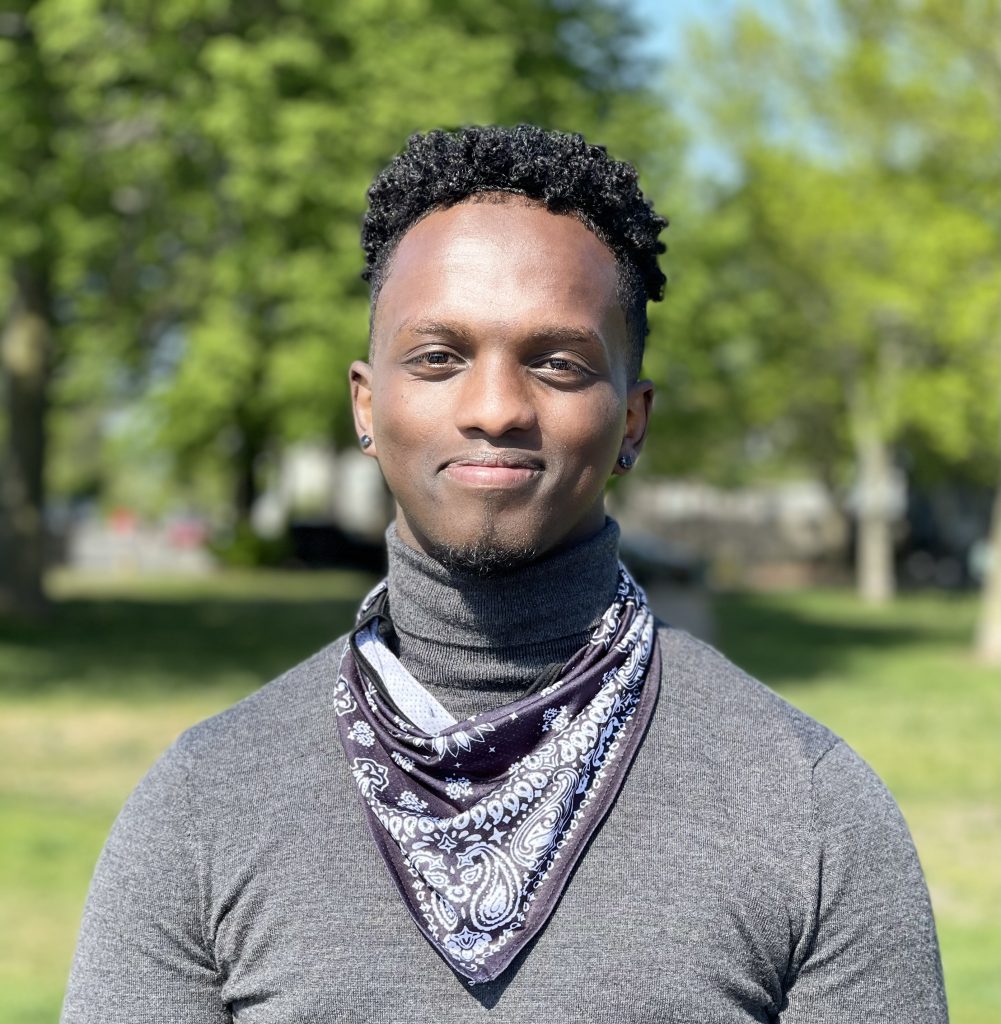
Abdulkadir Ali is an Ethiopian-American social activist. From human rights to community leadership, Mr. Ali addresses issues that continuously occur in silenced communities caused by systematic oppression. He is an Artistic Director with Maine Inside Out, an organization that uses theater to engage communities around the subject of incarceration, and works as the Advocacy Director with Maine Youth Justice. An organization that brings people of all backgrounds together to address the failures of the criminal/juvenile justice system while working to advance reform. Mr. Ali also works in partnership with the Young People’s Caucus, which connects policy decision makers with young people to discuss and learn about topics that are important to youth, and Opportunity Scholars at the University of Southern Maine, which creates a bridge for formerly incarcerated young people to access post-secondary education. As a formerly incarcerated young man, Mr. Ali works tirelessly as an activist and organizer on behalf of Maine’s most vulnerable populations. Mr. Ali lives in Portland. Ali uses philosophical poetry from life’s experiences to meaningful messages in hopes of a better world.
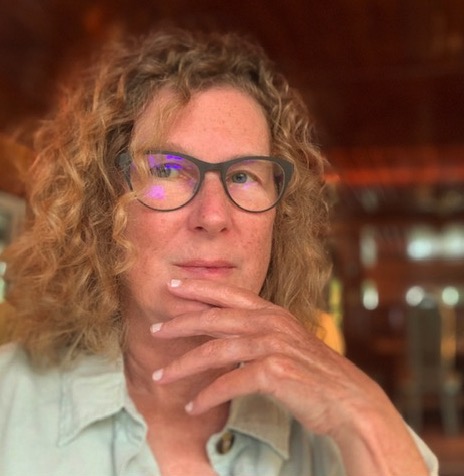
Catherine Besteman is an abolitionist educator at Colby College. She founded Freedom & Captivity, the Freedom & Captivity Curriculum Project, the Freedom & Captivity Archive of carceral experience, the Colby Across the Walls prison education program, and the Colby College Justice Think Tank and is a DJ for Justice Radio. She has researched and published on carcerality, security, militarism, displacement, and community-based activism and transformation, focused on Somalia, South Africa, and the U.S.
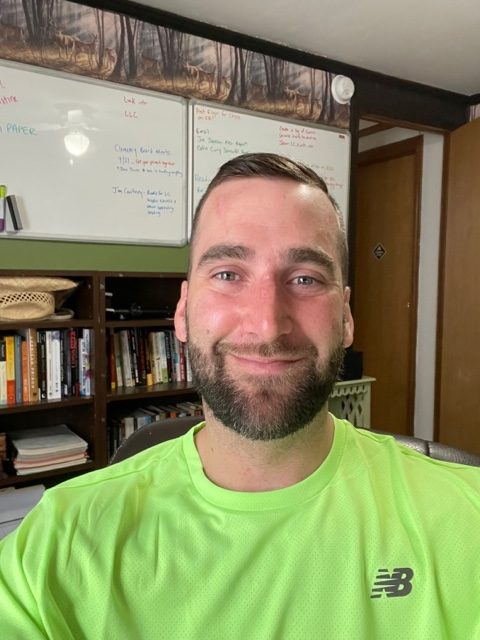
Brandon Brown is a PhD candidate at George Mason University’s Carter School for Peace and Conflict Resolution. The focus of Brandon’s scholarship is on the ways in which narrative functions within the U.S. criminal legal system and social conceptions of justice. His journey into criminal legal reform work began when, at the age of 21, Brandon was arrested and subsequently sentenced to serve 17 years in prison, during which time he earned his Associate’s, Bachelor’s, and Master’s degrees, as well as the first half of his PhD program.
As a consultant, researcher, podcaster, public speaker, and advocate, Brandon uses narrative theory to uncover the master narratives which permeate society and stand in the way of comprehensive criminal legal reform, using his voice to advocate for system-wide policy change that centers the voices of affected stakeholders, draws on more complex stories from directly impacted people, and bridges the divide between marginalized people and society as a whole. Brandon is the campaign manager for Maine Youth Justice, a project coordinator for Maine Prisoner Advocacy Coalition, and the co-creator and host of “Behind the Door” podcast; he has also worked on numerous grant-funded projects involving reform and abolitionist efforts both locally and nationally. Additionally, Brown has been adjunct faculty at University of Maine Augusta and Colby College and continues to teach college courses both inside and outside of prisons.
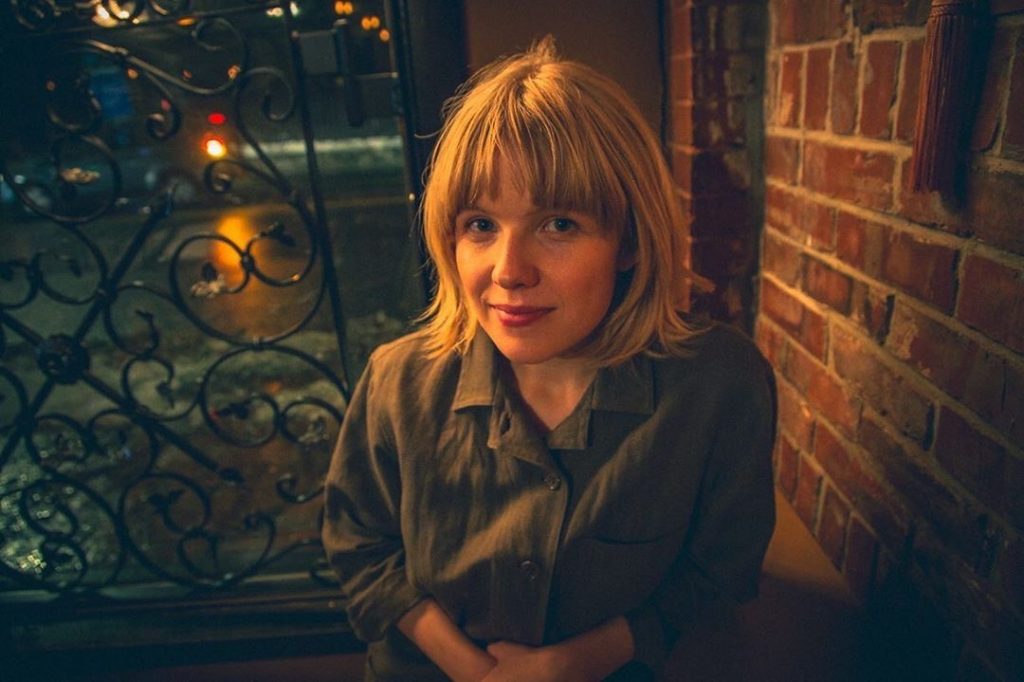
Geneviève Beaudoin has been with the Freedom & Captivity initiative since 2020, supporting efforts in communications, website management, the Freedom & Captivity archive, and the forthcoming Freedom & Captivity Curriculum Project.
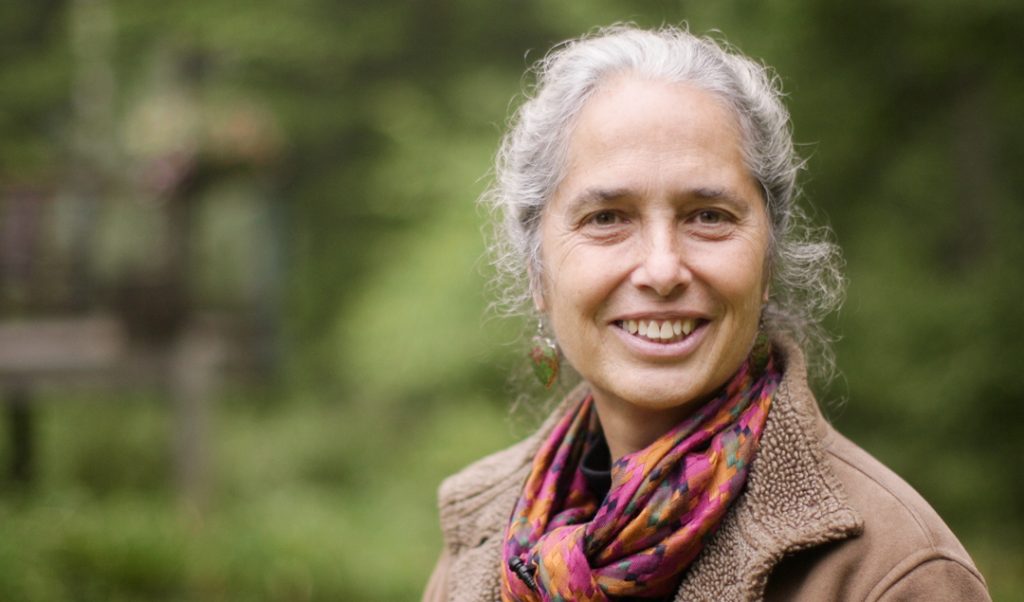
Jan Collins, Associate Director of Maine Prisoner Advocacy Coalition and Freedom & Captivity board member curates exhibitions of work by incarcerated artists around the state, facilitates art programming inside Maine Prison facilities, and collects creative material for the Freedom & Captivity archive at Maine Historical Society. She works tirelessly to educate legislators and the public about carceral issues and the people who are shaped by them including family members like herself.
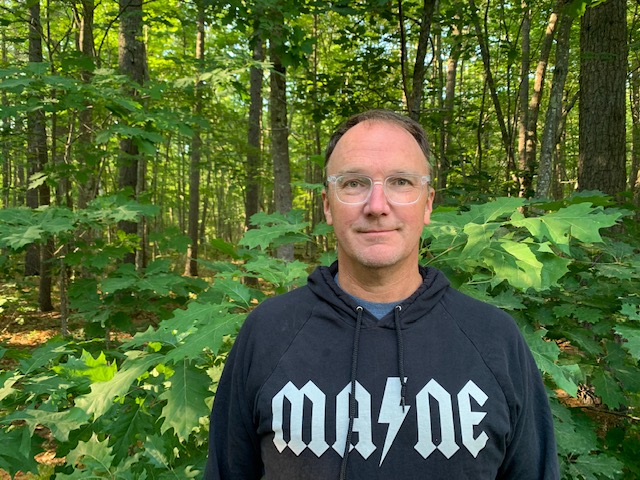
Jon Courtney is an event coordinator and film programmer. He organizes film and musical performance programming through the NAACP Branch at the Maine State Prison and at the Southern Maine Women’s Reentry Center and facilitates men’s integrity circles through the Jericho Circle Project at Maine State Prison. He coordinates book drives and library planning for correctional facilities in Maine and stewards podcast and film content onto the Edovo tablet systems. He served as board member for Maine Inside Out and Freedom & Captivity.
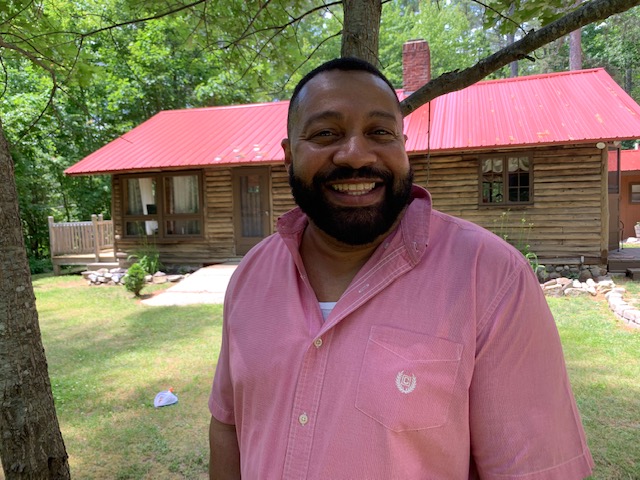
Andre “Dray” Hicks is a social entrepreneur, mentor and national performance artist who has performed with the Yeti and Kool G. Rap. Andre is a Deering High School alumni student athlete, lives in Portland with his family and is the longstanding Manager of Toni’s Touch, Portland’s cornerstone barbershop and salon in the Portland community. Building upon his lived experience in the justice system as a youth and adult, he works as a mentor to young people and adults with the Opportunity Scholars Initiative at the University of Southern Maine and organizes with Maine Prisoner Advocacy Coalition. Andre facilitates weekly groups of currently and formerly incarcerated people to build positive reentry supports and works to create opportunities for people to aspire to greatness and thrive. He uses the tools of writing, conversation, and performance art to facilitate justice as healing and liberation and mentors’ youth in financial literacy and wellbeing.
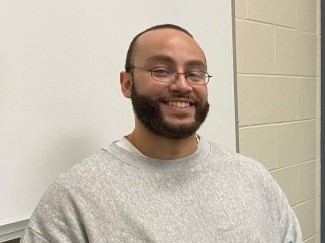
Leo Hylton is a PhD student at George Mason University’s Jimmy and Rosalynn Carter School for Peace and Conflict Resolution. His education and work are based in trauma-informed, healing-centered Restorative Justice practices, and are focused on Social Justice Advocacy and Activism, with a vision toward an abolitionist future. Toward that end, he has worked as a Visiting Instructor at Colby College, co-teaching AY346 – Carcerality and Abolition. He was a lead facilitator of Maine State Prison’s Restorative Practices Steering Committee, served on Colby College’s Restorative Practices Team, and provides consultation to RJ practitioners in the US and abroad. Leo is a core organizer of the Carter School Working Group on Forgiveness and Reconciliation, creating spaces of co-learning, growth, and trauma healing in the context of forgiveness and reconciliation. He is also a columnist for the The Bollard (formerly Mainer), where he writes a monthly column to raise public consciousness around the existence and power of humanity in carceral spaces. Leo’s education, work, and research are informed by his experience as a currently incarcerated citizen in Maine State Prison.

A. Cuba Jackson is an abolitionist and Strategic Partnership Lead with MPAC. He holds an associate degree (magna cum laude) from UMA. Founder of 3T Builders and Renovators, he channels his experience from Maine’s prison system into justice reform and contributes to the Freedom & Captivity Curriculum.
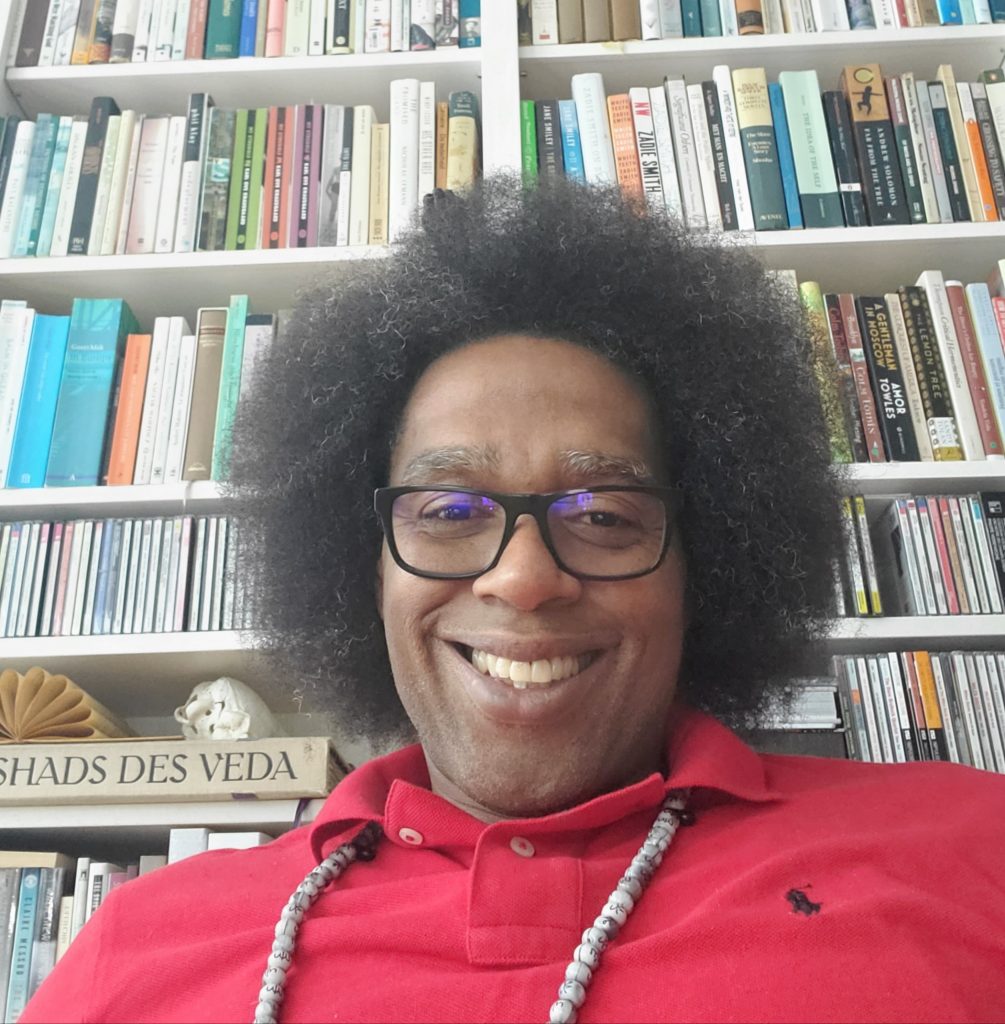
Joseph Jackson is Director of Maine Prisoner Advocacy Coalition and Director of Leadership Development for Maine Inside Out, a theater group for formerly incarcerated youth. During his 20-year period of incarceration he founded the Maine State Prison chapter of the NAACP, completed two BA degrees and was accepted into an MFA program, which he completed post-release. He serves as a board member of the Prison Education Partnership and was on Freedom & Captivity’s advisory board.

Erica King, MSW, is a Senior Manager with the Center for Effective Public Policy. She directs the National Resource Center for Justice Involved Women. She develops pathways to increased safety and well-being with and for directly impacted women, nonbinary people, staff, and systems working with them. Before joining CEPP, Erica worked for two decades as Senior Policy Associate at the University of Southern Maine and consultant with Orbis Partners, leading efforts to strengthen trauma informed, gender-responsive, evidence-based policy and practice strategies. Erica is a 2022 American Council of Learned Societies Fellow, co-leading an inside-outside public humanities curriculum on the themes of accountability, forgiveness, liberation and healing. Erica brings hard knowledge into her relational work with people to inform how data and lived experience can drive meaningful conversations and intentional decisions to improve community health, well-being, and vitality.
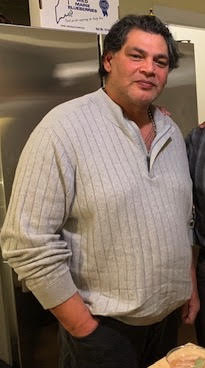
Bobby Payzant did not have to go to heaven to be an angel. He cared for his dying brothers in the prison hospice program with tenderness and love. When he was released, he visited their graves and kept them ever in his thoughts as he advocated for more compassionate care for the ill and elderly within prison walls. Before legislative committees, he spoke truth to power and never stopped caring about those who had no voice. He held himself accountable for the wrongs he had committed and was his own harshest critic. He would be so proud of all of those who made this curriculum possible.
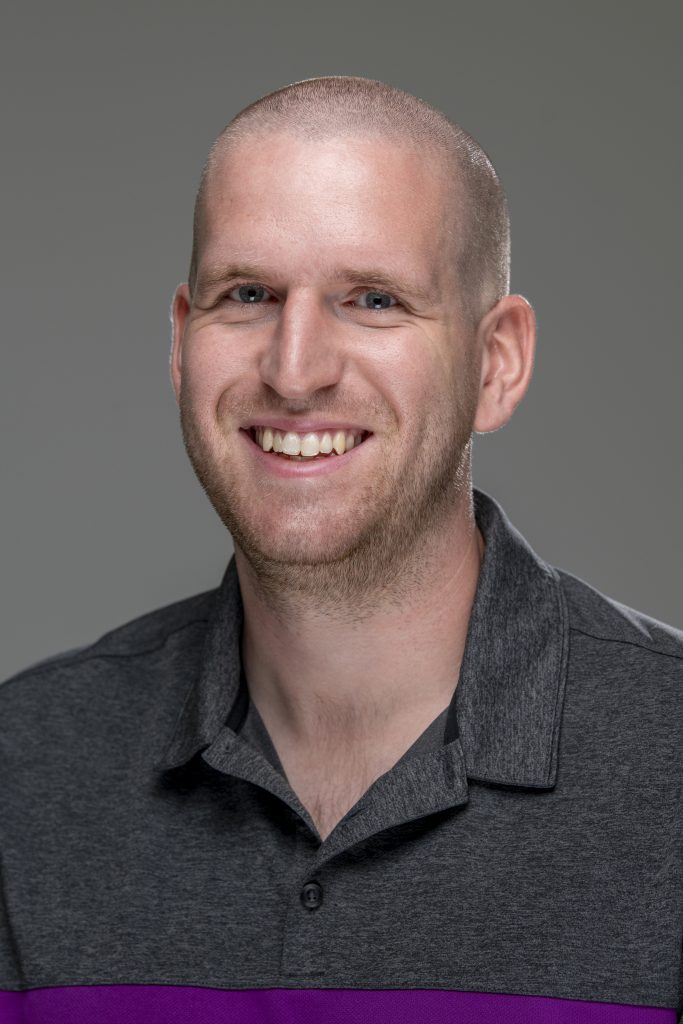
Brian Pitman is a lecturer in the Department of Sociology, Anthropology, and Criminal Justice at Clemson University teaching criminology classes. Brian’s public sociology pieces have been published in the Bangor Daily News, Truthout, and Shelterforce. He has worked with the Freedom & Captivity Project since 2020.
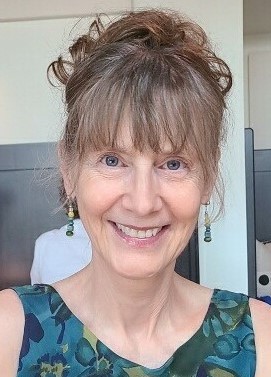
Linda Small is the founder and executive director of Reentry Sisters, an emergent nonprofit support organization specializing in a gender-responsive and trauma-informed approach for women’s reentry. She serves on the New England Commission for the Future of Higher Education in Prison at the Educational Justice Institute at MIT. She is a Columbia University Women’s Collective Leadership Fellow, focusing on changing the impact of the carceral state on women and girls, a member of the Justice Scholars Network, and the Colby College Justice Think Tank, highlighting the scholarship and research of justice-impacted people. Linda collaborated with the Freedom & Captivity team to develop community-based classes taught by incarcerated people and serves on the Mass Incarceration Convening Planning Committee for the national humanities councils while completing a Master of Science in Adult and Higher Education.
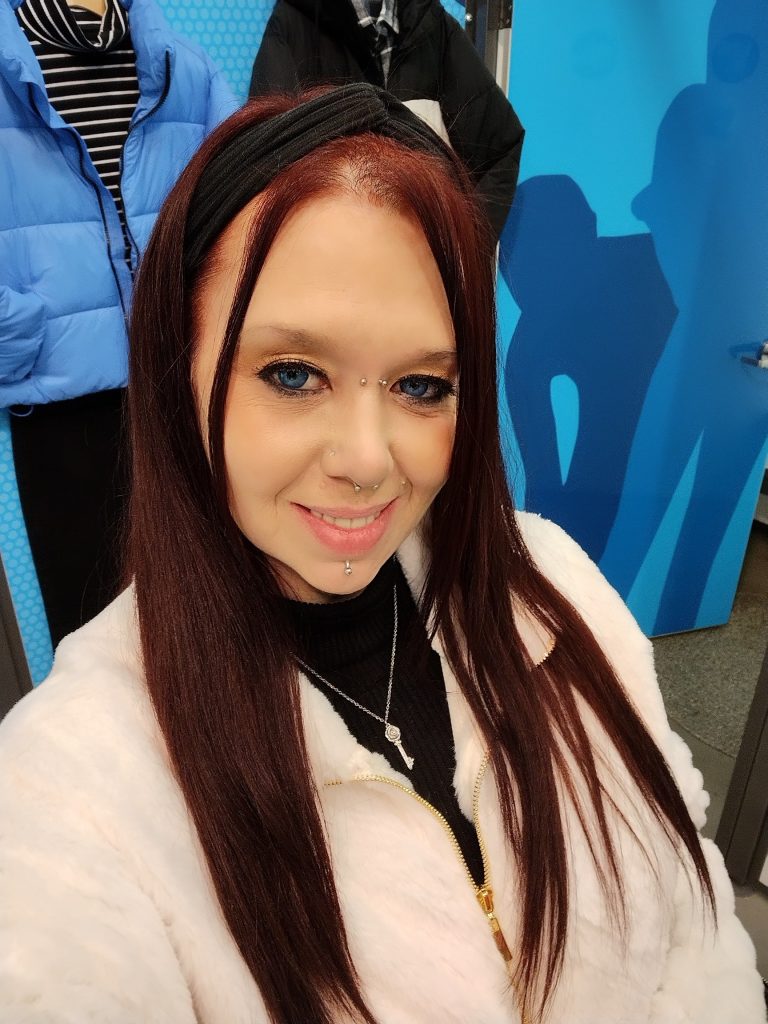
Wendy Allen recently completed a prison sentence in Maine and works as a recovery coach with Maine Recovery Advocacy Coalition, a community facilitator with Maine Prisoner Advocacy Coalition, and is a program facilitator for the Maine Humanities Council. She is completing her degree with Washington County Community College. She facilitates book discussion groups through the Maine Humanities Council and collaborated on Freedom & Captivity public programming while incarcerated.
CURRENT F&C CURRICULUM FACILITATORS:
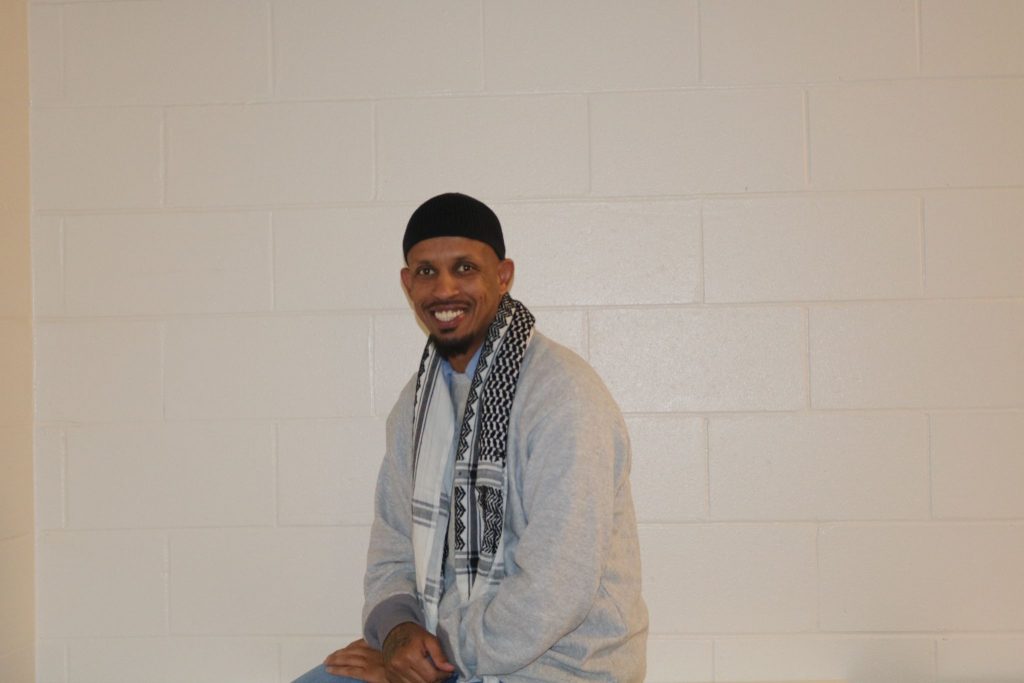
Abdi “Lalee” Awad Muslim-Somali Immigrant. MS in Adult and Higher Education from the University of Southern Maine (USM). Now looking to apply for his Ph.D. program or maybe a second Master’s degree in Restorative Practices. Nationally Certified Yoga Instructor in Traditional Vinyasa and Holistic Yoga Flow, Graduate Assistant, Two-time Osher Lifelong Learning Institute Fellow (2021-2022 & 2022-2023), Senior Justice Scholar with Opportunity Scholars, 2023 UCLA Dream Fellow, Certified Hospice and Palliative Care Volunteer, Mentor/Peer supporter, Restorative Practice Steering Committee member at the Maine State Prison, Restorative Practice/Justice believer and consultant, Social/Immigrant Justice Advocate, and Presenter: a firm believer that education is the greatest equalizer in our society; Maine State Prison Imam.
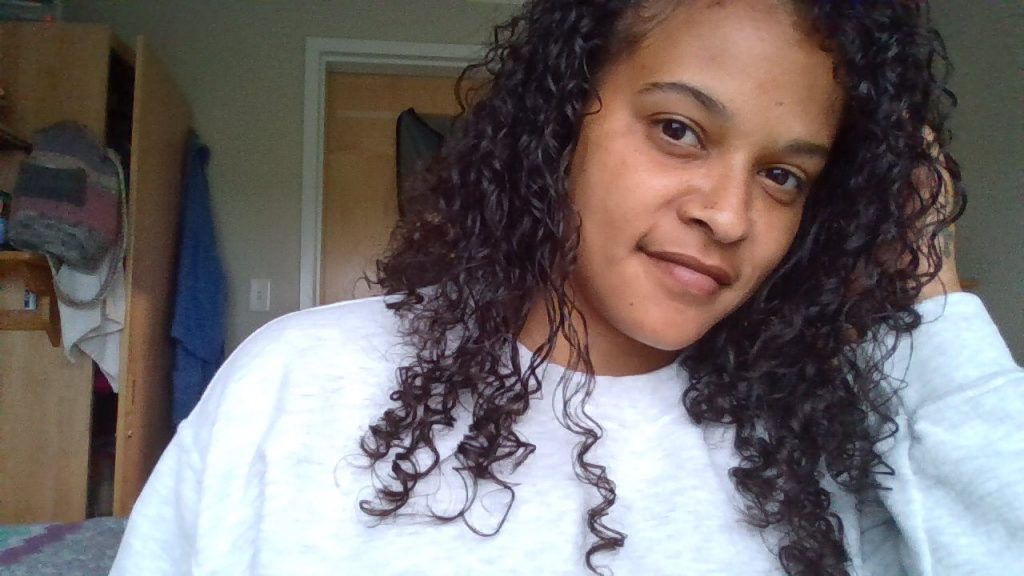
Alexsea Cholewa is currently attending UMA majoring in biology/pre-med field. Cholewa is also part of the steering committee assisting with recovery for MDOC-wide residents.
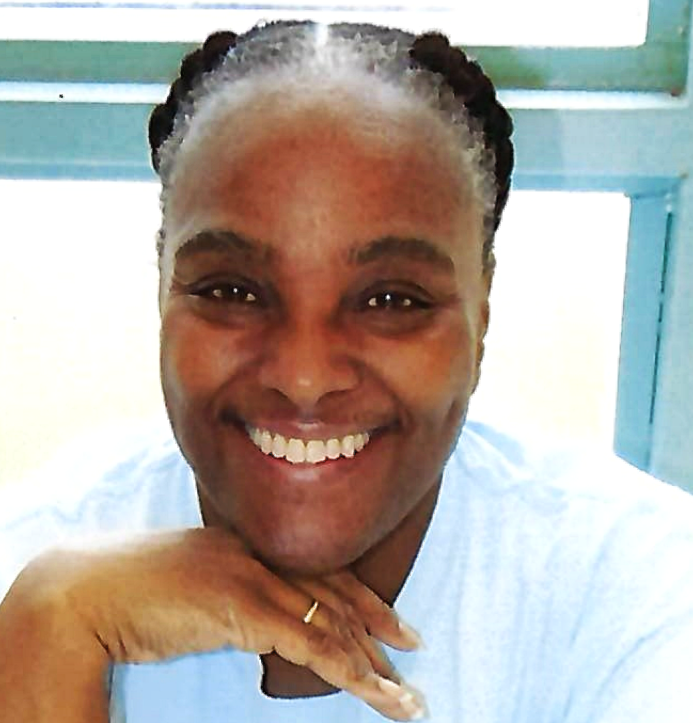
Darlene George, BA is a Resident of Maine Correctional Facility and serves as a Gender Justice Policy Advisor; Freedom & Captivity Curriculum Course Facilitator; Certified Recovery Coach, CCAR; Gender Justice Policy Advisor, CEPP; Justice Scholar, Opportunity Scholars; Maine Humanities Council Facilitator; Certified Personal Trainer, ISSA; Grants Manager, HomeTown Health; Debater, National Prison Debate League

Leo Hylton is a PhD student at George Mason University’s Jimmy and Rosalynn Carter School for Peace and Conflict Resolution. His education and work are based in trauma-informed, healing-centered Restorative Justice practices, and are focused on Social Justice Advocacy and Activism, with a vision toward an abolitionist future. Toward that end, he has worked as a Visiting Instructor at Colby College, co-teaching AY346 – Carcerality and Abolition. He was a lead facilitator of Maine State Prison’s Restorative Practices Steering Committee, served on Colby College’s Restorative Practices Team, and provides consultation to RJ practitioners in the US and abroad. Leo is a core organizer of the Carter School Working Group on Forgiveness and Reconciliation, creating spaces of co-learning, growth, and trauma healing in the context of forgiveness and reconciliation. He is also a columnist for the The Bollard (formerly Mainer), where he writes a monthly column to raise public consciousness around the existence and power of humanity in carceral spaces. Leo’s education, work, and research are informed by his experience as a currently incarcerated citizen in Maine State Prison.
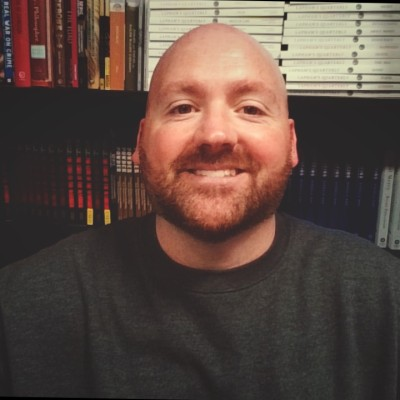
Shaun Libby is a graduate student studying youth development at Michigan State University. He earned a bachelor’s degree in the science of mental health and human services from the University of Maine at Augusta. Shaun has worked throughout the majority of his 25-plus years of incarceration to better the community inside the Maine State Prison as well as those communities in society. He was hired as an intern at Jobs for the Future’s Center for Justice & Economic Advancement for the summer of 2023. Shaun has been working with the Colby College Justice Think Tank since its inception looking into the implementation of emerging adult diversion practices in Maine’s criminal legal system. Shaun also took part in the three Freedom and Captivity curricula, went through the F&C facilitator training, and is currently facilitating the Journeys of Trauma, Healing, and Forgiveness to a group of people in the community with co-facilitator Leo Hylton.

Linda Small is the founder and executive director of Reentry Sisters, an emergent nonprofit support organization specializing in a gender-responsive and trauma-informed approach for women’s reentry. She serves on the New England Commission for the Future of Higher Education in Prison at the Educational Justice Institute at MIT. She is a Columbia University Women’s Collective Leadership Fellow, focusing on changing the impact of the carceral state on women and girls, a member of the Justice Scholars Network, and the Colby College Justice Think Tank, highlighting the scholarship and research of justice-impacted people. Linda collaborated with the Freedom & Captivity team to develop community-based classes taught by incarcerated people and serves on the Mass Incarceration Convening Planning Committee for the national humanities councils while completing a Master of Science in Adult and Higher Education.

Victoria Scott is a currently incarcerated Justice Studies student at the University of Maine Augusta (UMA), who will be receiving her baccalaureate in an interdisciplinary degree for Justice Studies and Transformative Systems Planning with a minor in Psychology, a self-designed major that blends justice studies & public policy; business administration; integrated sciences; and education. It is her intention to apply her education to the synergistic innovation of soft-infrastructural social systems to create cohesive models that are self-sustaining. Victoria is also minoring in psychology and has received her paralegal certificate from The Blackstone Career Institute in April 2022. In addition to her studies, Victoria serves as a teaching assistant to Dr. Lee Perlman of MIT; is a certified Recovery Coach and Personal Trainer; and wrote the Academic Reentry grant for UMA’s Prison Education Partnership Advisory Board that was awarded $93,000 by the Davis Family Foundation.
This project is supported by an American Council of Learned Societies Sustaining Public Engagement Grant, a Maine Humanities Council SHARP grant, the Mellon Foundation, Opportunity Scholars of University of Southern Maine’s Cutler Institute, Maine Prisoner Advocacy Coalition and Colby College.
How Have You Been Affected by Maine’s Criminal Legal System?
Tell your story of how you have been affected by Maine’s criminal justice operations for the Freedom & Captivity Archive, housed online at the Maine Historical Society.
The Freedom & Captivity Archive is a story bank of how criminal justice operations in Maine have affected Mainers across generations, locations, backgrounds, and experiences. The archive is hosted in Maine Historical Society’s My Maine Stories website. It is open to anyone who has a story to tell about being affected by the criminal justice system, whether directly or through a family member or friend. You can submit your story as a written story, a video, an audio piece, or in photographs. Your story can be anonymous, and you can help someone else tell their story.
Some possible story prompts include:
- – Who are you? Tell us about yourself.
- – How did the system impact you?
- – How did it feel to be touched or impacted by the system?
- – How did it affect the people who love you?
- – What has happened to you since you were impacted?
- – What do you want people to know about your experience?
- – What does freedom mean to you?
To share your story, go to the Tell My Story page and fill in the form. For ‘Story Topic’ select ‘Freedom & Captivity’. This form will ask for your information, story title, and story summary. You can make your story anonymous by checking the ‘Make me anonymous’ box.
Questions? Write to freedomandcaptivity@gmail.com.
State of Maine Bill of Rights for Incarcerated Individuals
A living document from Maine Prisoner Advocacy Coalition
All incarcerated citizens and noncitizens have certain inalienable rights that shall not be denied or abridged on the basis of sex, gender identification, race, color, religion, national origin, physical and/or mental handicap, sexual orientation or as a punitive measure in the form of retaliation against the incarcerated individual or loved ones.
1. Whereas, humane conditions are an absolute expectation of a civilized society, individuals who are incarcerated have the right to:
– a safe and healthy environment that is free of physical, emotional, mental, verbal, and sexual abuse and harassment;
2. Whereas, government has a fundamental responsibility to protect those in jails and prisons, individuals who are incarcerated have the right to:
– timely, free health and dental care that includes, but is not limited to, substance use disorder treatment, trauma-informed mental health care reproductive health care and preventative care in all areas, including vaccinations and regular exercise;
– gender responsive health care, recognizing all gender identities; and accessible and responsive health care for individuals with disabilities;
3. Whereas, respect for human dignity extends to people in jails and prisons, individuals who are incarcerated have the right to:
– personal hygiene and menstrual items, at no cost; and
– gender parity in all areas including but not limited to access to visits, medical care, technology, education, and programming;
4. Whereas, the last vestiges of slave labor and similar practices must end, individuals who are incarcerated have the right to:
– be considered employees of the state and subject to the minimum wage requirements afforded employees, as well as safe working conditions;
5. Whereas, constitutional rights do not end when people are convicted or held in pre-trial status, individuals who are incarcerated have the right to:
– full voting privileges as accorded by law, including the ability to register to vote and have contact with their elected representatives;
6. Whereas, food sustains life and has heightened importance to many people in jails and prisons, individuals who are incarcerated have the right to:
– a balanced diet that meets established requirements for nutrition and conforms to medical, religious and/or ethical needs;
7. Whereas, human contact is vital to personal well-being and family relations, individuals who are incarcerated have the right to:
– in-person visits with family members and other loved ones that include physical contact, support for and opportunities for continued parental involvement and reunification after successful completion of any required programming; and
– freedom from solitary confinement, which can have profound and permanent detrimental impacts on mental and physical health;
8. Whereas, ties with relatives and friends benefit people in jails and prisons, as well as their families and communities, individuals who are incarcerated have the right to:
– access to electronic communications to speak and interact with families and loved ones at east weekly;
9. Whereas, the safe and humane functioning of jails and prisons benefits from the ideas and insights of those being held, individuals who are incarcerated have the right to:
– provide input on issues related to the facility including lockdowns, education and recreation services, and staff conduct;
10. Whereas, concerns and problems raised by people in jails and prisons must be taken seriously and properly evaluated, individuals who are incarcerated have the right to:
– a simple, formal, credible and transparent grievance process that includes an independent prisoner advocate for all facilities free from DOC oversight;
– unimpeded access to every facility’s Board of Visitors, their contact information and input into the required reports.
11. Whereas, virtually everyone being held will be returning to our communities and is deserving of assistance to make the transitions successful, individuals who are incarcerated have the right to:
– meaningful reentry planning, regardless of classification, from day one of incarceration, backed by financial support from the DOC that ensures community support, housing, employment opportunities and healthcare access, and which allows for choices in programming and input from the resident.
F&C Teaching Packets for Educators
Created in partnership by Maine State Museum, Maine State Archives, and Maine State Library.
Explore incarceration in Maine through historic artifacts, images, documents, and sound recordings! Students do the work of historians as they find clues and form conclusions. Four themes guide students through complicated stories from Maine’s past, including optional activities and reflection questions. These packets are designed for Grades 3-12 and are available for free download online.
